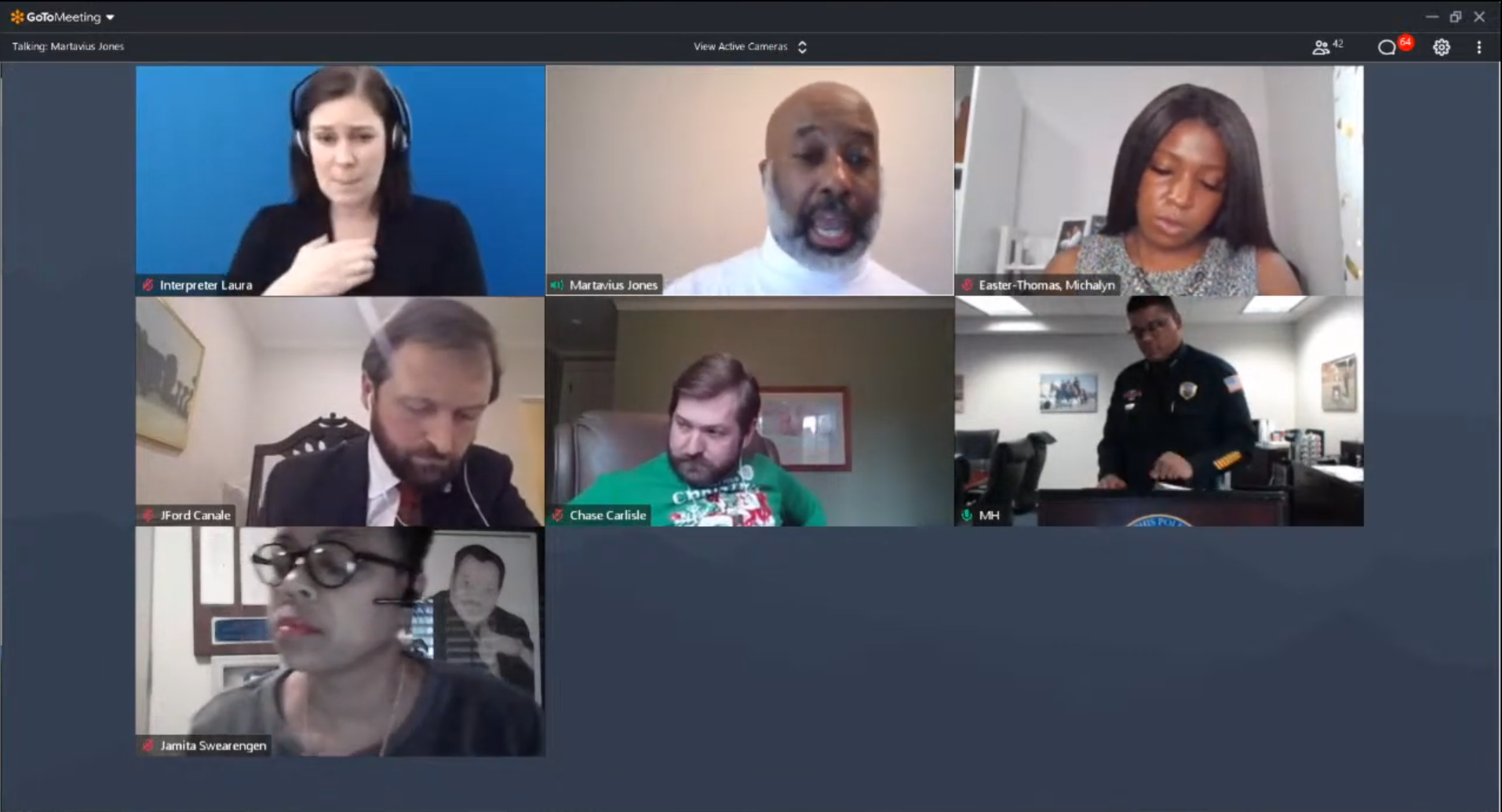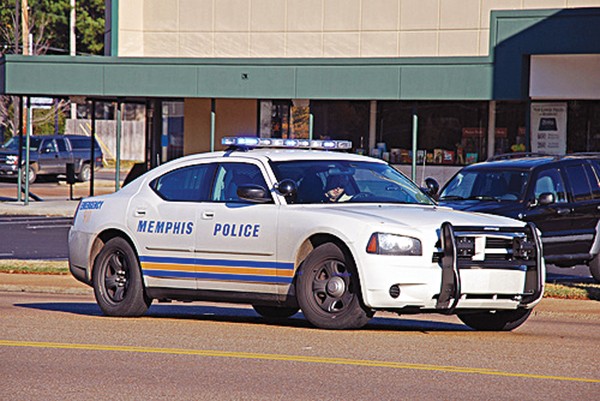
The public safety and homeland security committee of the city council convened on Tuesday to discuss a myriad of public issues related to automobile ordinances in the city.
First on the docket was a resolution to accept and appropriate Hazard Mitigation Grant Program funds for a backup generator at the Office of Emergency. The resolution passed with 7 yes votes and 6 abstains. The resolution will allow the movement of $238,500.
A majority of the committee’s time was spent discussing items two and three on the docket, an ordinance that would punish non-driver participation in drag racing, and an ordinance that would add fines and fees for muffler violations in the city. J. Ford Canale sponsored both ordinances.
Canale addressed the council citing a rise in “drag racing and reckless driving exhibitions” as proof of the need for a city-wide ordinance against passengers in drag racing. The three suggested ordinances are follow-ups to a bill that was filed by Senator Brian Kelsey at the start of the month to deter drag racing statewide. Through the city ordinance, the violation for being in the car with someone found to be drag racing or participating in reckless driving would elevate from a Class C misdemeanor to a Class A misdemeanor, equating in a shift from a maximum $50 fine to a maximum $2,500 fine.
“I think that we have all had our fair share of complaints from our constituents about the drag racing issue across the city,” Canale said. “No district, no neighborhood is immune to this. It’s dangerous, it’s reckless, it’s gonna cost lives if it continues, and generally, it’s just a public nuisance.”
Canale was frank in his criticism of reckless drivers in the city and appealed to his fellow council members to listen to their constituents before debate took place.
“I’m willing to bet all 13 of us have received numerous emails of complaining about drag racing, reckless driving, and also loud noises emitting from vehicles disrupting everyone’s quality of life. It’s not only dangerous to other drivers on the street, it’s dangerous for pedestrians and bicyclists.”
In 2020, 52 pedestrians have been struck and killed in Memphis, and there have been over 32,000 traffic crashes in the city.
Though most of the council was in favor of the ordinance, Councilman Martavius Jones questioned the fairness of levying fines against someone that was not directly involved in the act of drag racing.
“That’s problematic if I’m just sitting in the passenger seat. I realize that [the driver] is jeopardizing my life and there should be something that I say about that but for me, to ticketed and cited for that I do have some concerns about that part being included in,” Jones said.
The ordinance passed with 12 votes and one abstention.
Councilman Canale’s second ordinance, which would fine those found to be operating cars with tainted mufflers, was vastly more decisive. The debate began with Councilwoman Michalyn Easter-Thomas raised scrutiny on the price of the fine and whether the law would be fairly enforced by the Memphis Police Department (MPD) in the city.
“[Officers] would just be going off of supposed sounds and supposed sights to make the decision to pull somebody over to look at their muffler?” asked Councilwoman Easter-Thomas to the MPD representative Paul Wright.
Though Wright assured Easter-Thomas that MPD would be able to accurately distinguish those using modified mufflers, Easter-Thomas was not convinced.
“I understand the intent, Councilman Canale, from citizens who may have called from noise, but as we are a metropolitan city. We’re not gonna be free from noise. I’m having trouble because it just seems as though this will increase pulling over, let me make an assumption and say, Black and brown men in the city.”
Canale countered arguing that the MPD has decibel readers as well as the knowledge to decipher the difference between modified and correctly functioning mufflers.
“This is not an attempt to pull anybody over,” said Canale, “but we all know there is a distinct difference between somebody that has a muffler cutout, that has cut their muffler off, and someone that operates with a normal compliant muffler system.”
Councilman Jones also brought up concerns around the ordinance citing that some cars maybe have disproportionately loud mufflers that could lead to Memphians with said cars being pulled over at higher rates.
“You can tune what or how loud an exhaust may be. As I’m reading this I can have a factory automobile but if I happen to have a sports car or a Mustang or a Charger or a Camaro my muffler is still in good working order but I still run the risk,” Jones said. “I may not have altered my automobile what so ever besides the adjusting what the sound of the exhaust is but am I subject to being pulled over for that?”
Councilman Chase Carlisle took a neutral stance in the debate ultimately siding with but Canale and Easter-Thomas.
“I want to be able to hold people accountable,” said Carlisle, “but sending someone that had a broken muffler or rusted-out muffler or didn’t have the money to fix it, then a court appearance and they get assessed $250 in court fees is a little problematic.”
The ordinance did not pass in a 6-5 vote with two abstentions. The council will meet in the new year to follow up on the ordinances that passed.
